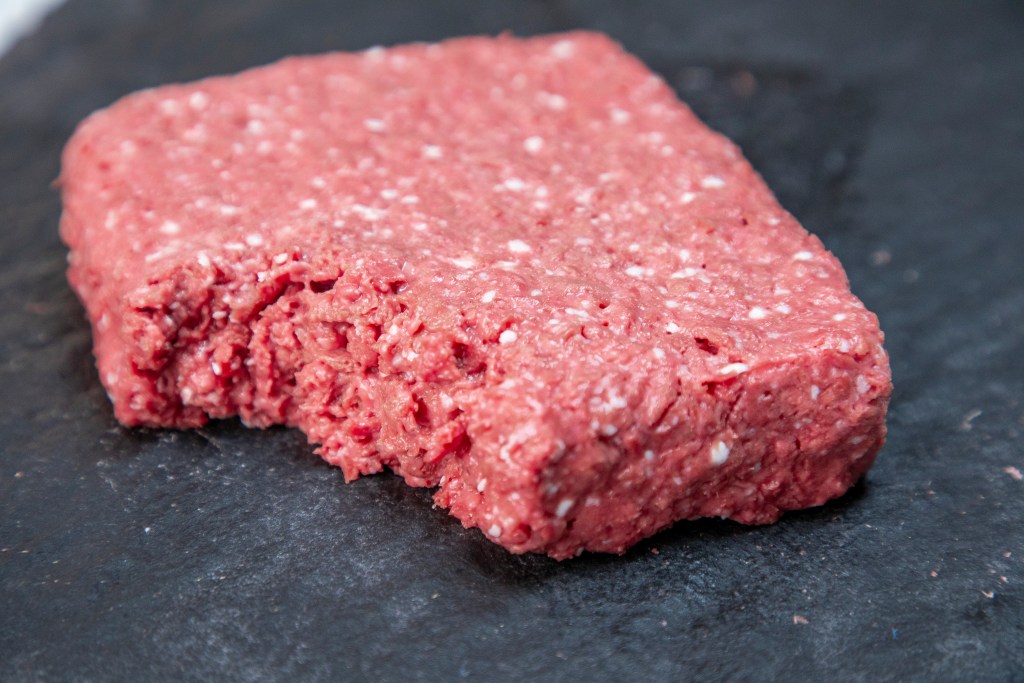You’re almost certainly already used to customizing your food to some degree. Maybe you get extra guac at Chipotle, or leave off the mayo on your drive-thru burgers. You might even use platforms like Innit to easily substitute ingredients when cooking at home.
But the era of truly personalized food — exactly what you want (or need), and nothing you don’t — has yet to come. And advancements in AI, data, and food science are helping us get there.
2020 is the time for personalization to mature and become more than just a gimmick. I see a few high-potential spaces in which personalization has the opportunity to really grow over the next year (or two): drive-thrus, sit-down restaurants, and dietary guidance.
When it comes to personalization in fast-food, McDonald’s is the clear leader. Earlier this year the QSR giant acquired Dynamic Yield, a personalization platform which it’s using to tailor menu recommendations based off of things like weather, time of day, etc.
But what Dynamic Yield brings to Mickey D’s isn’t real personalization, per se. The software can customize menus based on external factors— if it’s cold out, maybe you’d like a piping hot cup of coffee? — but it doesn’t pull from customer data to create menus actually drawn from individual preferences, dietary restraints, or allergies. And as the Spoon founder Mike Wolf pointed out earlier this year, true menu personalization is the holy grail for dining establishments.
That holy grail might be closer than we think, however. Startup 5Thru‘s tech will scan people’s license plates to access their past orders, which it uses to suggest your favorite foods. KFC is testing out similar tech. The fast-food space in general is investing heavily in personalization, so I wouldn’t be surprised if we see lots of individual players accelerating their efforts in 2020 to try and smoke the competition.
Non-fast-food restaurants are also trying to leverage personalization to improve the consumer dining experience (and, you know, sell you more stuff). Suggestic and THE.FIT are developing tools to generate personalized versions of restaurant menus based on consumers’ dietary goals and restrictions. That sort of customization also extends to in-restaurant experiences; this year OpenTable and Upserve partnered to share guest data so restaurant employees can have pre-warning about their preferences, allergies, etc.
As these sorts of tech become more commonplace and affordable, restaurants will only get more personalized in 2020. I’m betting over the next twelve months that in-restaurant menu customization apps like Suggestic and THE.FIT will become, while not commonplace, at least more widely available. On the digital search side I could also envision Google Maps, which already surfaces restaurants’ most popular dishes during searches, displaying customized sample menus based off of your customized dietary profile.
2020 could also be the year that personalized nutrition becomes more mainstream. Viome and GenoPalate already create customized food and recipe recommendations based on your microbiome and DNA, respectively, to help fight preventable diseases. As these technologies become more widespread and affordable, we might even see these services integrating with restaurants to help you see which menu items best suit your diet and/or avoid triggering foods.
True, that might not happen in the next twelve months. But we will no doubt see more vaguely customized products like Nourished, which creates individualized 3D printed vitamins. That sort of generalized personalization also extends to things like baby food and wine delivery. While these offerings are based off of broader markets like age and preferences, not data as granular as your microbiome makeup, they indicate a real effort by companies to take a step in that direction and offer customized CPG products, typically delivered right to your doorstep.
It’s also worth acknowledging the potential pushback against personalization. Creating things like highly customized menus and restaurant recommendations necessitates massive amounts of personal data, which could have frightening consequences if that data gets hacked. Despite those risks, I have no doubt that companies will keep pursuing the personalization trend into 2020 and beyond.
That said, we’ve got a ways to go until we reach a truly personalized dining future. I don’t think that by December 31st, 2020 we’ll be able to go to a drive-thru and see menus sporting all of our favorite dishes thanks to info it gleaned from your dietary profile. But it might remember you love the Buffalo sauce with your chicken nuggets — and that’s a start.
We’re so interested in the potential (and challenges) of food personalization that we created a whole summit around it! Join us at Customize in NYC on February 27th — Early Bird tickets are on sale for a few more days.























